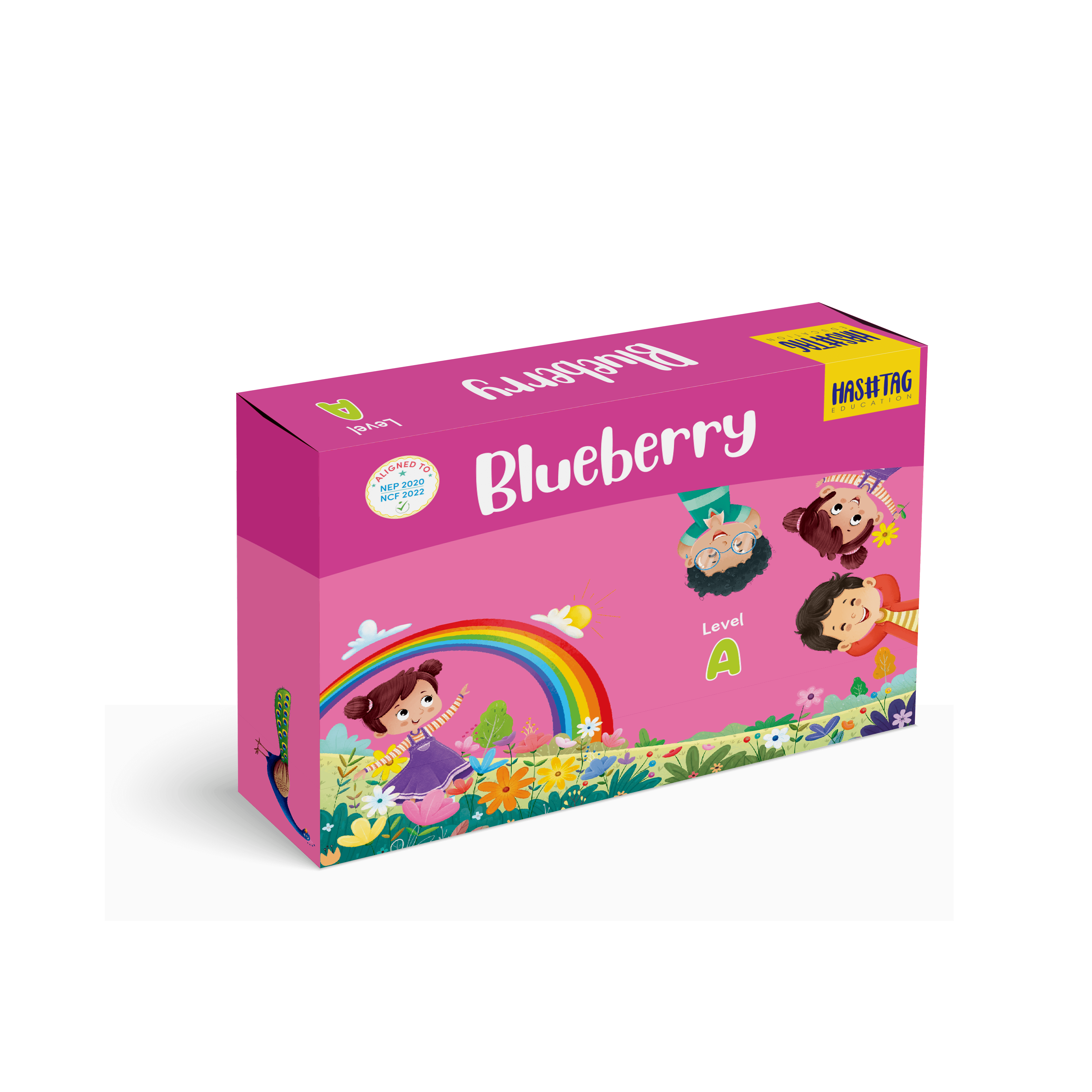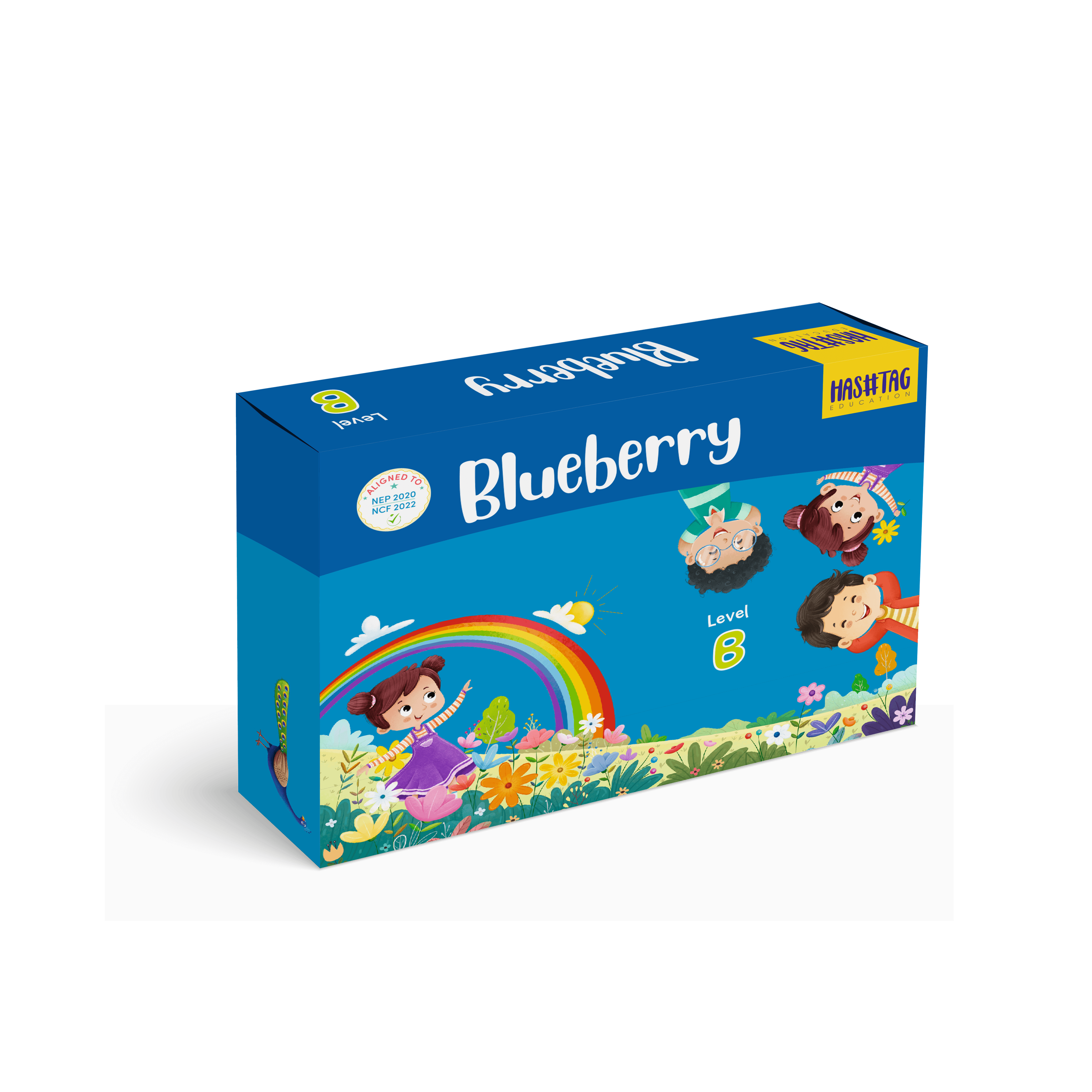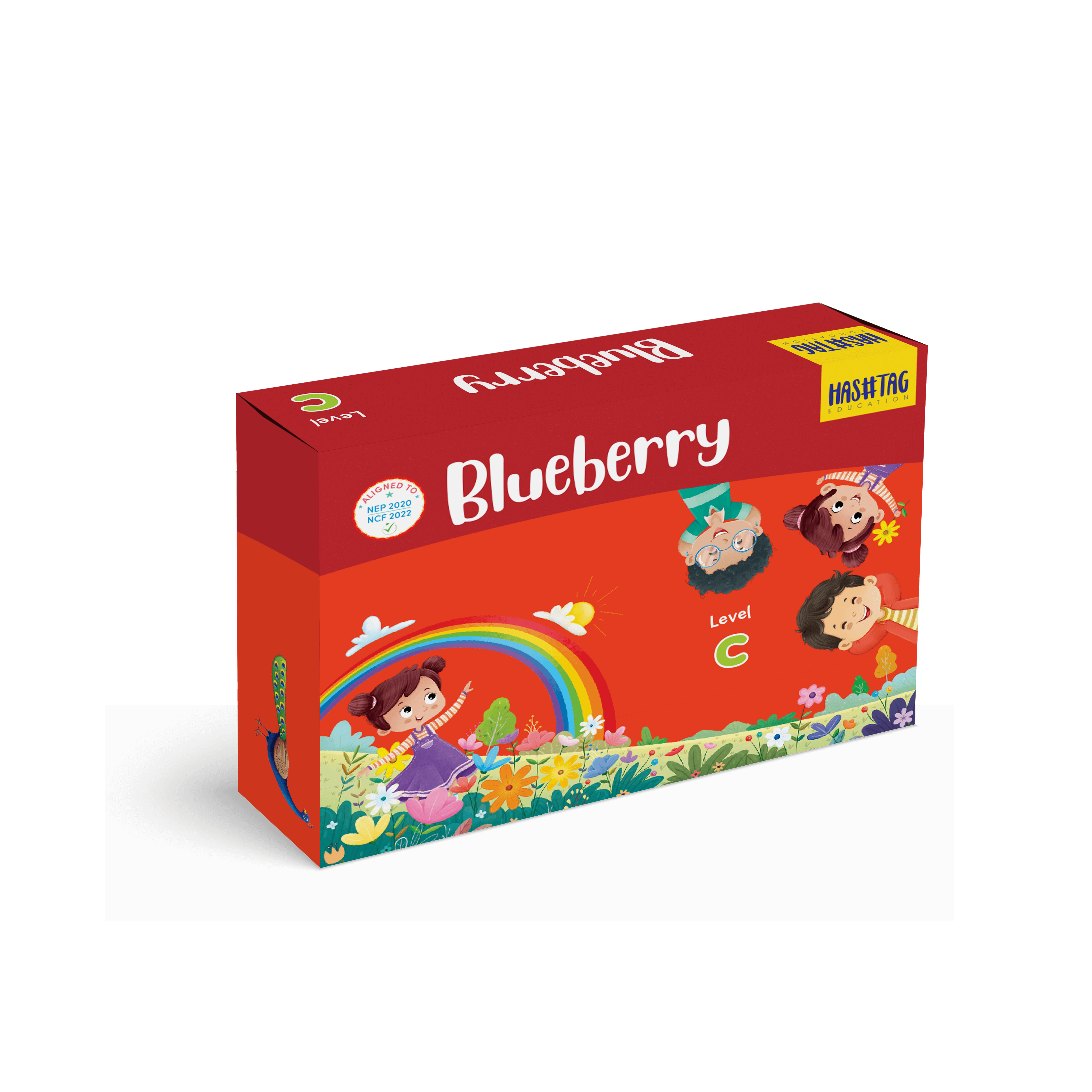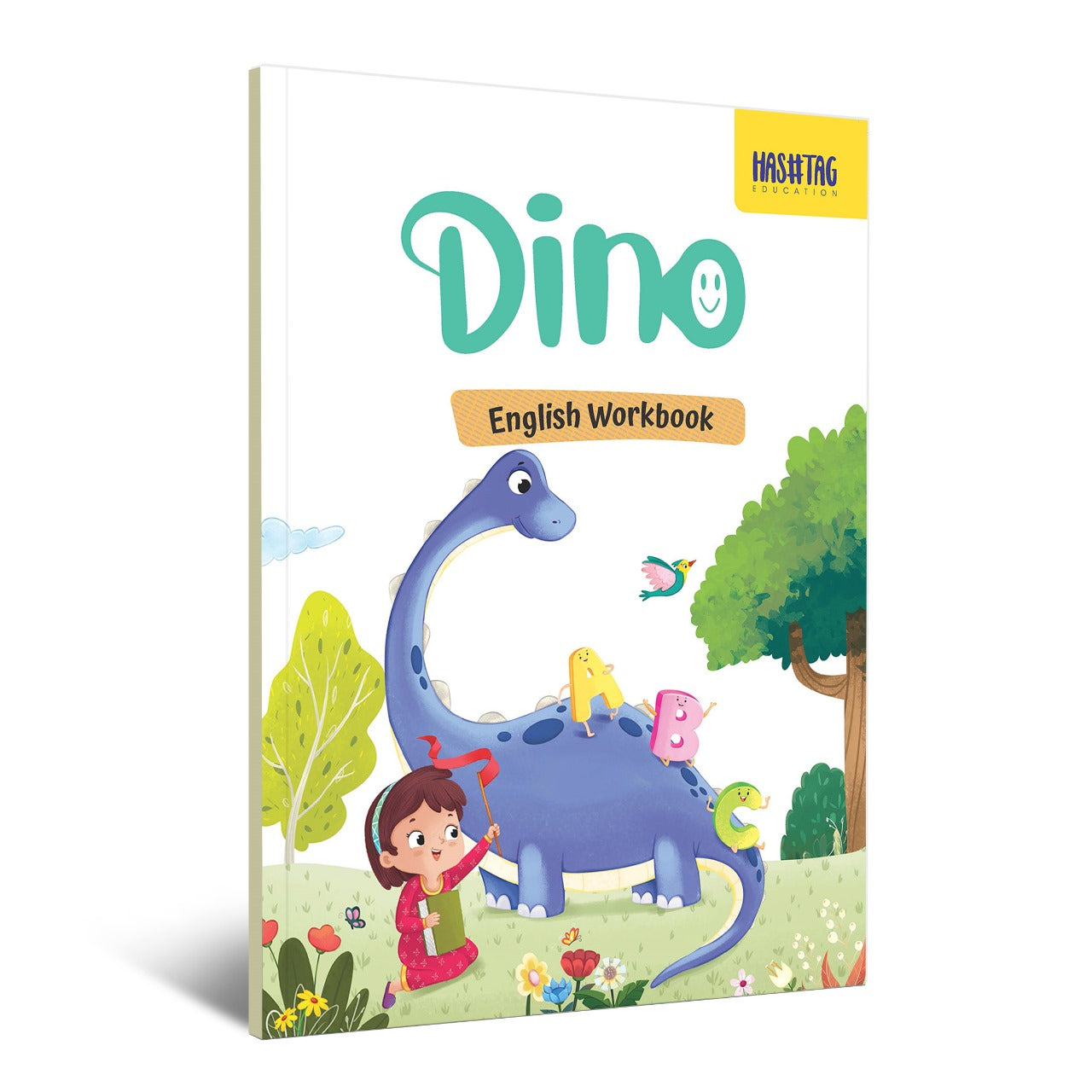Parenting is life's biggest adventure. It's a joy, a source of pride, a cause for laughter and love. But come on, it can also try your patience in ways you never imagined. Perhaps your child won't eat the dinner you just spent an hour making, back-talks when you tell them to pick up, or throws a tantrum at the supermarket.
Before you realize it, your equanimity escapes you and you overreact sometimes more so than you meant to. Afterward, you catch yourself thinking: "Why did that annoy me so much?"
That moment of intense reaction is called a parenting trigger. In addition while it might feel awkward, it’s actually a chance. Triggers aren’t a sign that you’re a “bad parent.” Instead, they’re gentle (sometimes not-so-gentle!) reminders of your own needs, values, and even childhood experiences.
What Exactly Is a Parenting Trigger?
A parenting trigger is anything your child does that gets a large emotional response from you. Consider it your emotional "hot button."
- Your child backtalks, and you feel disrespected.
- Toys are thrown all over the room, and you're completely out of control.
- Your child whines for the tenth time, and you feel ready to blow.
It's seldom about the toys, the whining, or the mess. It's about what those times trigger in you.
What Triggers Can Teach You
- They tell you what you value; If unsolved homework makes you stressed, perhaps you highly value discipline, responsibility, or education.
- They bridge your own childhood; If tantrums make you feel even more annoyed, maybe you weren't permitted to have strong feelings when you were a child. Your child's big feelings may be rubbing against an old injury.
- They bring out your tension; Sometimes it is not about the child at all. A messy room can feel overwhelming when you're already dealing with work, bills, and cleaning.
- They reveal your fears; That public tantrum? It may not just be the noise. It might be the fear that others are judging you as a parent.
It may not be the yelling alone. It could be the concern that others will think badly of you as a parent. In other words, triggers are mirrors. They reflect what's happening inside you and offer an opportunity to evolve.
Why Understanding Triggers Matters
When we don't know our triggers, we're likely to react automatically: yell, snap, or withdraw. And then comes the guilt: "I didn't want to manage it like that."
But when you take a pause and think, you transition from reacting to responding. That tiny difference makes all the difference. You remain calmer, your child feels better understood, and you're modeling healthy ways to manage big feelings.
How to Grow Through Parenting Triggers
Pause and breathe.
When you get the trigger developing, take a few seconds to breathe in and out. That brief bit of silence can stop an overreaction.
Label your feeling.
Tell yourself, "I'm embarrassed," or "I'm feeling overwhelmed." Calling the feeling by name helps you step out of it.
Ask: what is really happening?
Is this about your child's behavior, or about something you're stressed about in your past or current life?.
Rather than "My child is disobeying me," think "My child is testing independence." Rather than "They're lazy," use "They're learning responsibility."
Be gentle with yourself.
All parents have triggers. They don’t diminish you, they show that you’re human. Treat yourself with the same compassion you treat your child.
Seek help.
Talk with friends, join parenting circles, or lean on a professional if needed. Sometimes, simply sharing “me too” moments can lighten the load.
A Quick Story
Picture this: You’ve just finished cleaning the floor, and your child runs in with juice which immediately spills everywhere. Your chest tightens, your anger rises.
You feel like screaming. But you don't. You stop, breathe in deeply, and remind yourself: "It's just juice. My child didn't hurt my feelings to destroy my day."
"Let's both clean it grab again." You take up a cloth and give it to your youngster.
Instead of a clash, it becomes a moment of teamwork. Your child has learned responsibility, you have maintained your temper, and the connection between you two grows stronger.
The Bigger Picture
When you work on your triggers, you're not doing it solely for yourself. You're giving your child some of the most valuable life lessons:
- How to self-regulate.
- How to own up without shame.
- How to reconnect and repair after a fight.
That's mighty. Because academics and activities are important, but emotional intelligence is what really gets kids ready to go in life.
Final Takeaway
Parenting triggers aren't the problem. They're wake-up calls nudging you toward what's most important, and where you can become more. You are showing to your child resilience, understanding, and love every time you pause, reflect, and react patiently rather than quickly.
Next time that spark of frustration rears its head, recall: it's not a failure. It's an opportunity to become together.
✨ Hashtag Education holds that parenting development is family development. Parents heal, and children prosper.







